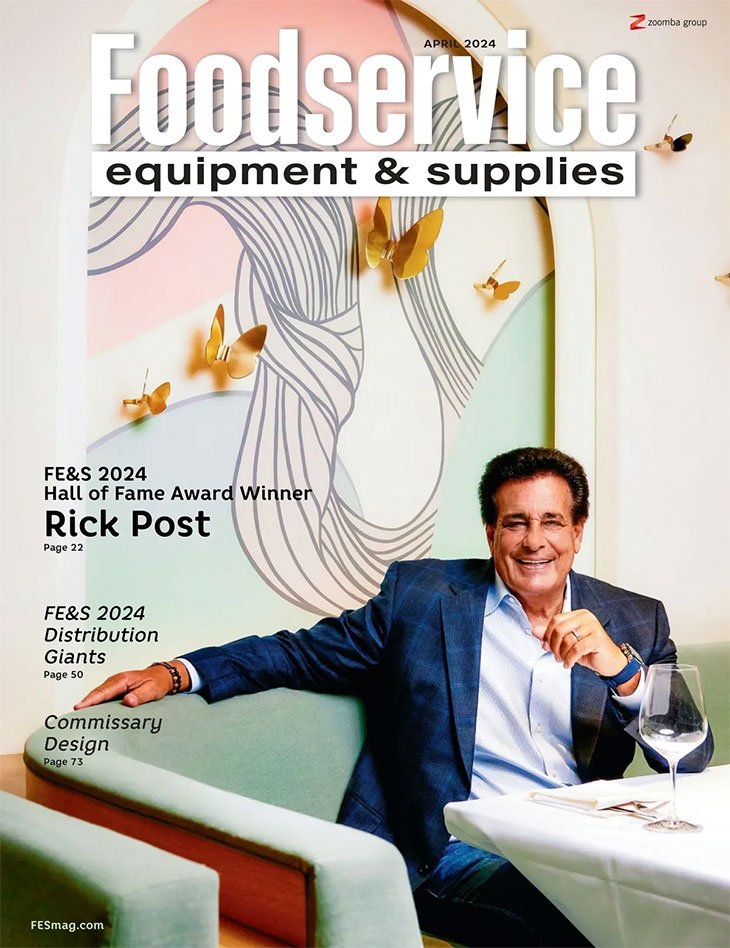Reducing packaging waste as a growing priority has already taken hold in the restaurant industry. According to the National Restaurant Association, 62 percent of fine dining and 57 percent of casual dining operators said in a recent survey that they plan on adopting more environmentally friendly packaging when it comes to disposables and take-out products in particular.
At Niles Township High School District 219 in north suburban Illinois, dumping the disposables altogether has helped dramatically reduce waste at the back door, according to Christian, who partnered with OrganicLife to improve the foodservice and assist the school in its sustainability goals, including becoming a zero-waste kitchen in five years. It's a decision that has two major factors: switch to permanent ware and risk using more water, energy, chemicals and labor to do the washing or switch to using environmentally friendly disposables and risk increased waste and costs to buy the products.
"There are no absolutes, so if you don't have a grand plan I would say stick with the paper plates," says Christian. "If you do have a plan, switching to permanent ware and a better dishwasher will save more costs associated with waste over time." Some of the design considerations to take into account when switching to permanent ware include creating extra space for a dishwasher and storage for plates, as well as bumped up power and water capabilities, according to Christian.
There's a larger motivation to switch to permanent ware in schools and foodservice in general, says Christian. "In 20 years are we really going to be still serving on paper plates?" Reducing waste by buying in bulk, cooking from scratch and switching to permanent ware not only saves costs for the operator in general, it adds to a nationwide movement to reduce waste in landfills, even if you're using compostables, Christian says.
Better yet, beginning to compost on site through biodigesters will further reduce the amount of trucking that goes into even picking up food waste for compostables. "It's about thinking ahead into the future and reshaping our priorities, that's how real change comes about," Christian says.
When it comes to improving the quality and sustainability of school foodservice, more education seems to be necessary. According to Christian, improving food in our nation's schools is about "thinking outside of profit margins to know what's better for the kids and the Earth too."




